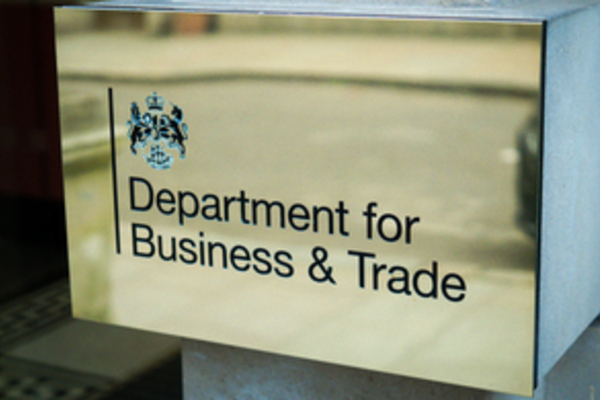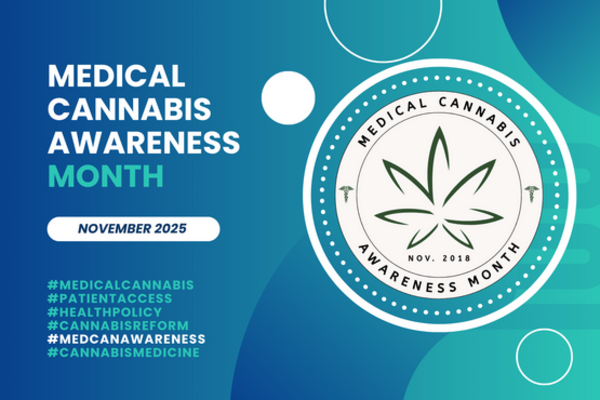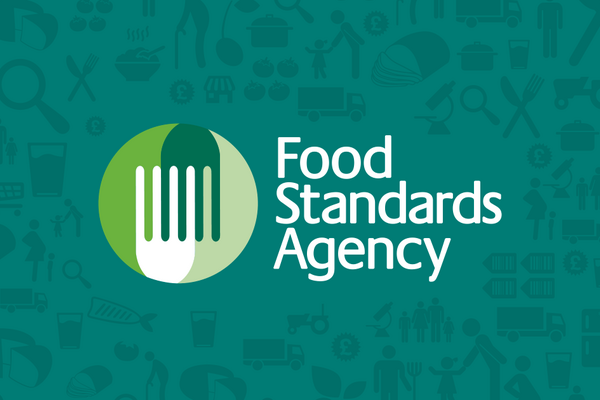The UK Government has announced a major shift in the way regulators operate, placing economic growth at the centre of their responsibilities. The new policy, published by the Department for Business and Trade (DBT) on 21 October 2025, introduces greater scrutiny, transparency, and accountability for how regulators influence business performance.
For most industries, this marks a welcome step towards a more collaborative approach between government, regulators, and enterprise. For the cannabis and hemp sectors, it could represent a turning point.
A Stronger Growth Duty
The government’s plan builds on the existing Growth Duty, introduced under the Deregulation Act 2015. This duty requires regulators to consider how their actions support economic growth alongside protecting consumers and the environment. The 2025 reforms go further, requiring regulators to demonstrate how they contribute to growth while maintaining essential protections.
A new public dashboard will soon publish regulator performance data on GOV.UK, showing indicators such as timeliness, consistency, and proportionality. Independent reviews of regulators will be commissioned more frequently, and businesses will be invited to give direct feedback on how regulatory processes affect their operations.
The government has described this as a cultural reset for regulation, designed to “strip back unnecessary rules and pointless paperwork” and ensure that regulators help rather than hinder enterprise.
Relevance for the Cannabis and Hemp Industries
The cannabis and hemp industries remain among the most complex and fragmented in the UK, with oversight divided between the Home Office, MHRA, FSA, VMD, DEFRA and HMRC. Businesses regularly face duplication, inconsistency, and long delays in approvals and licensing.
By explicitly linking regulatory performance to economic growth, the government has created an opening for reform that directly aligns with the Cannabis Trades Association’s (CTA) long-standing advocacy for proportionate, evidence-based regulation.
If implemented properly, this approach could help streamline industrial hemp licensing, increase transparency in CBD novel food assessments, and support more coordinated processes for medicinal cannabis regulation.
Turning Policy into Action
Although the government’s intent is clear, key details are yet to be confirmed. It is not yet known which regulators will be formally bound by the strengthened Growth Duty or what specific data will be included in the public dashboard.
The CTA plans to work closely with DBT to ensure that all departments involved in cannabis and hemp oversight are included in this reform. The Association will recommend measurable performance indicators such as average licensing times, clarity of guidance, and the consistency of regulatory decisions across agencies.
Marika Graham-Woods, Managing Director of the Cannabis Trades Association, said the reforms offer a valuable opportunity to modernise the system.
“This policy shift should be more than words on a page. It is an opportunity to make regulation clearer, more consistent and genuinely supportive of sustainable growth. We will be working with government to make sure that the cannabis and hemp sectors are recognised as part of that agenda.”
The CTA also intends to use its member network to provide constructive feedback through the government’s forthcoming online business review platform, ensuring the collective experience of the sector is captured in future policymaking.
Balancing Growth and Responsibility
The CTA is clear that growth must not come at the expense of safety or integrity. Responsible businesses want regulation that is proportionate, not permissive. Growth and protection can and should coexist.
In practice, this means distinguishing between low-risk and high-risk activities. Industrial hemp grown under licence should not be treated as a controlled drug, and CBD products that meet food safety and labelling standards should not face the same barriers as non-compliant imports.
Marika added that this principle is central to how the industry should evolve.
“We want regulation that supports innovation and ensures high standards. When businesses can plan with certainty and regulators act transparently, the result is better compliance and better public confidence.”
Collaboration Through the Regulators Council
The new Regulators Council, which will bring together ministers and regulator heads to discuss performance and share good practice, provides another route for engagement. The CTA intends to seek participation or advisory status within Council discussions to ensure that cannabis and hemp are part of the broader conversation about sustainable innovation and growth.
This approach reflects the Association’s wider strategy of constructive collaboration with regulators and policymakers, supported by data, evidence, and solutions rather than criticism alone.
Growth with Safeguards
The government has stated that its reforms are not about removing protections but ensuring that regulation remains proportionate and effective. The CTA fully supports this view.
Through compliance programmes and Responsible Person training, the Association continues to promote high standards in marketing, labeling and testing. This commitment demonstrates that growth can go hand in hand with responsibility and that well-regulated industries can thrive both economically and ethically.
Looking Ahead
The government’s decision to place growth at the heart of regulatory decision-making is a significant shift in policy direction. It calls on regulators to be more transparent, accountable, and responsive to business needs, and it gives industry bodies like the CTA a stronger platform to influence how these expectations are applied.
For the cannabis and hemp sectors, this is a moment to show leadership. By engaging with DBT, collecting credible evidence from members, and presenting practical recommendations, the CTA can help shape a regulatory environment that supports innovation and responsible growth.
As Marika concluded:
“The government has recognised that regulation should enable enterprise, not stifle it. Our task now is to ensure that this principle reaches every department that touches our sector.”











